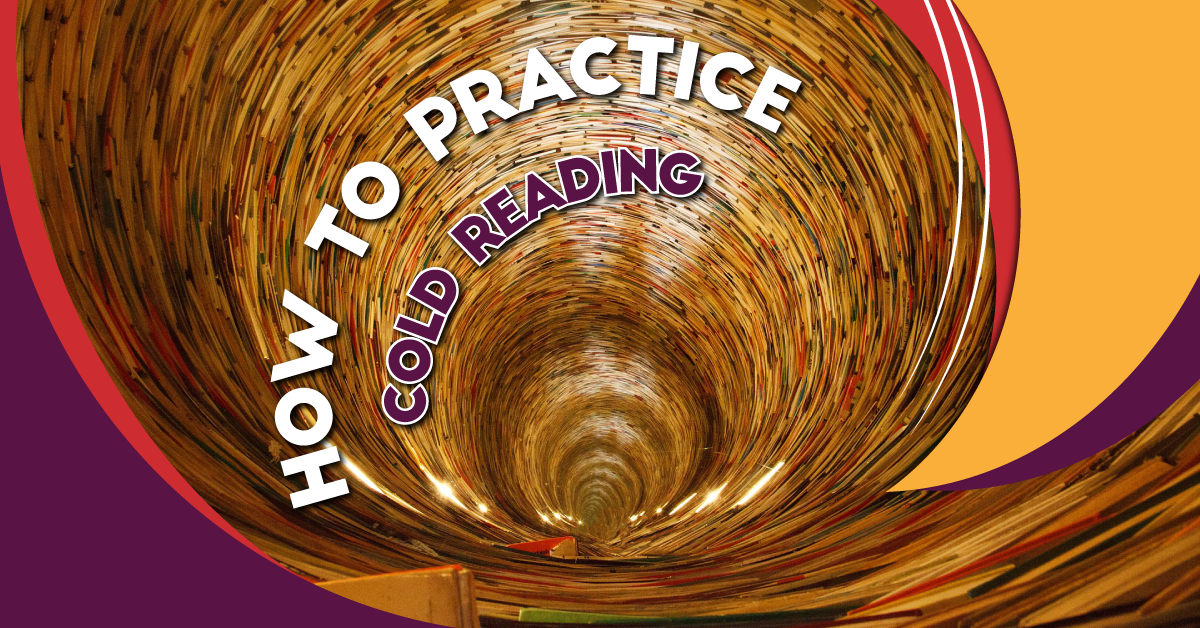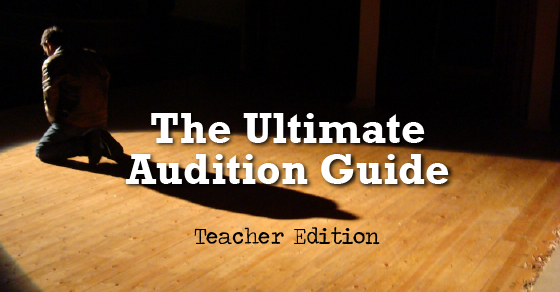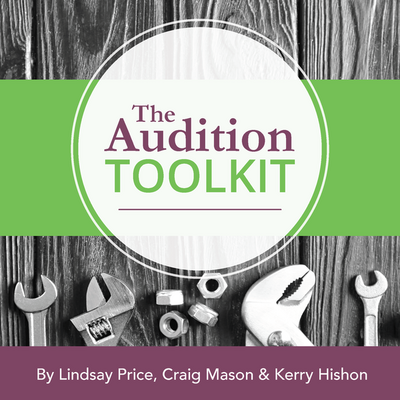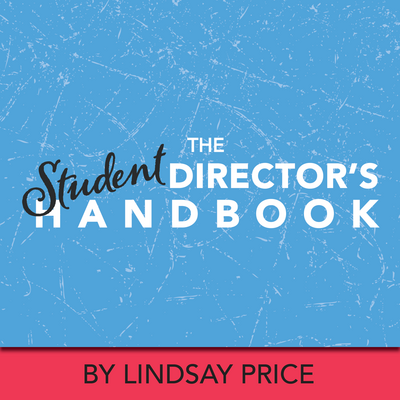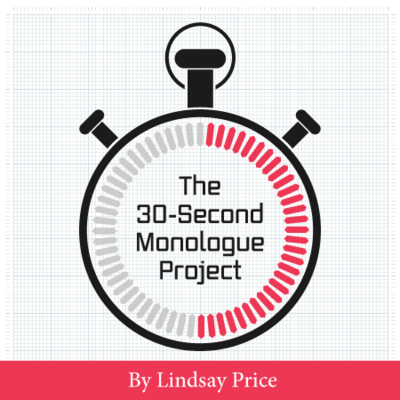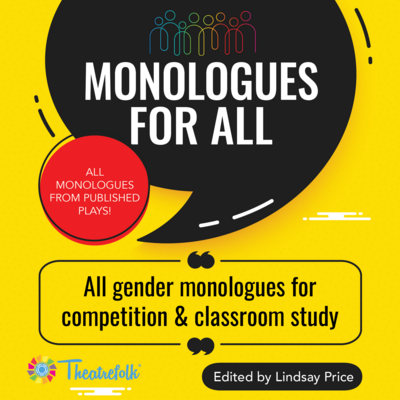Audition tips: What can you do with 30 seconds?
As part of the Playworks Program at the International Thespian festival, students have the opportunity to audition and rehearse one of the plays being workshopped. The audition day was very intense. We sat through auditions from 9:00 am straight through to 12:45 and then we have half an hour to cast the roles between five plays. Students were put in groups and performed in scenes from the individual plays with monologues, duets or trios. Over the course of the morning, we say 185 students and that doesn’t count the students we saw twice who were called back. By 11 am we were starting to feel the time crunch. Call backs were discouraged, repeat reads had to be culled down, we had to see the groups and move on if we were ever going to make sure every students got their moment.
To that end, there were some students who got maybe 30 seconds to showcase themselves and their abilities. That’s it. 30 seconds. And you may say, that’s not fair. That’s not long enough. How can we make decisions based on 30 seconds of work. Well, the truth of the matter is directors really only need 10 seconds. 10 seconds is all it takes to see if:
- An actor speaks with clear diction.
- An actor makes a bold physical choice.
- An actor knows how to stand out.
- An actor has read the script or is bumbling through.
- An actor can make a connection with their scene partner.
And in a workshop situation, that’s what a director needs to know. Can you speak clearly? Do you make a decision with the piece or are you just reading? Are you trying to connect? And the bit about standing out? That’s how you make yourself memorable. When a director has to sit through hours and hours of auditions, it’s hard for them to keep all the faces straight. But if you do something memorable, you make the director’s job easier. And that is why 30 seconds is more than enough time to get picked out of the crowd.
So the next time you audition for a play, think about how you are spending that first 30 seconds. What choices do you make? How do you stand out? Be clear, be bold, be memorable. And if a director cuts you off, never beg to say more. If you’re being cut off, more often than not it’s a time thing. Not a personal attack on your acting. The director has seen what they need to see, and rarely will seeing more change their mind.
What can you do with 30 seconds?
Related Articles
Audition Toolkit
by Lindsay Price, Craig Mason, and Kerry Hishon
Teach students to present their best selves in an audition situation with The Audition Toolkit - complete with articles, exercises, tips and more for both teachers and students.
The Student Director's Handbook
by Lindsay Price
Help students take their show from first audition to opening night with The Student Director’s Handbook. This easy-to-use ebook is full of guidelines, tips and templates designed to help students create a vision, circumvent problems and organize rehearsals on their way to a successful production.
The Rehearsal Companion
by Kerry Hishon
You’ve chosen the play, paid the royalties, done the script analysis, held your auditions, and cast the show. Tomorrow is the first rehearsal. Are you ready? Really ready? The Rehearsal Companion can help!
The 30-Second Monologue Project
by Lindsay Price
Give students the confidence, skills and tools they need to master the monologue with The 30-Second Monologue Project. This four-lesson unit guides students from the first moment to a successful performance.
Monologues for All
by Lindsay Price
Many monologue books have monologues with only male- or female-identified characters. This resource allows students to infer the identity of the character.

